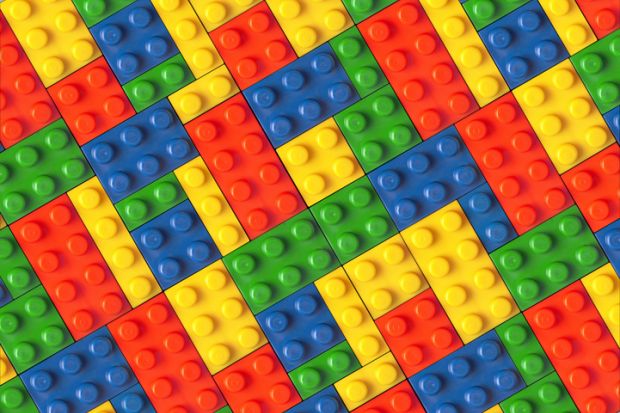A French university has shown that physics students are far more engaged when they can conduct experiments themselves and in teams.
Researchers from the University of Paris-Saclay carried out tests at Paris-Sud University and the Institut Villebon-Georges Charpak, which both specialise in science and technology. After being given low-cost tools such as Lego and taking part in a series of games and challenges, students worked in groups to conduct their own experiments in ways that simulated laboratory conditions.
Compared with those exposed to traditional teaching methods, the students experienced a greater sense of engagement. They could be more creative, take more risks and witness unexpected results for themselves, according to the researchers. One such experiment even led to a journal article co-authored by two students and their teachers.
To build on these findings, Paris-Saclay physicists Frederic Bouquet and Julien Bobroff have created a website providing free educational material in an illustrated tutorial format enabling students to produce and keep track of their own physics projects. They are also building links within the French educational system and in other universities to roll out their novel teaching methods nationally and globally.




